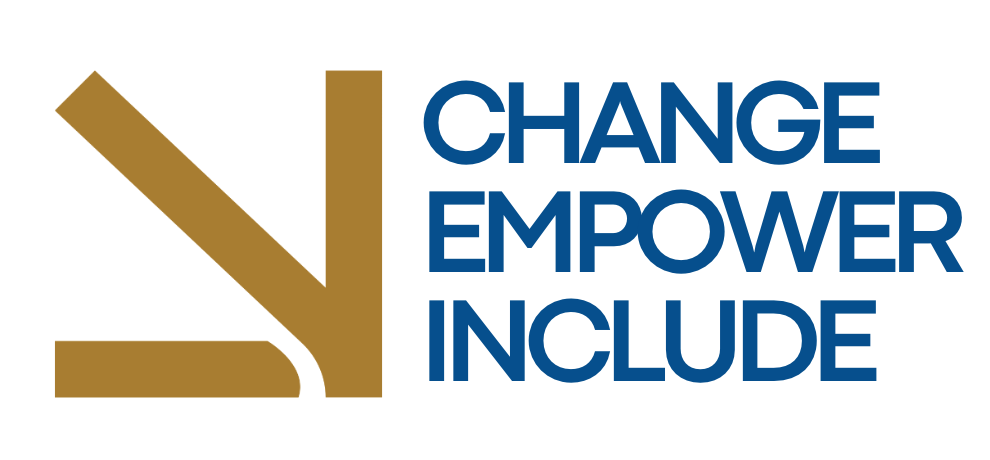Overview – Celebrating Regional Identity
Our accent is an integral part of our identity. Regional accents and dialects carry cultural and social significance, contributing to the identity and representing the heritage of their speakers. Embracing these linguistic variations in education helps students appreciate the richness of their linguistic backgrounds, countering the harmful effects of standardised language ideologies that often devalue dialect. We therefore look at how local dialect can be integrated into oracy education—teaching about talk, teaching to talk, and teaching through talk. This approach combats socio-educational inequalities by affirming the value of diverse linguistic identities.
Teaching About Talk and Teaching to Talk
This intervention is designed to teach children about their language variety, to be implemented alongside whole-school oracy education practices. It has been aligned with the Oracy 21 Framework to ensure coherence with broader goals. The intervention introduces Liverpool English into the curriculum, promoting critical awareness of language variation and its societal attitudes. By doing so, it empowers students to take pride in their speech and regional identity. Research highlights that directly teaching regional dialects alongside standardised English enhances metalinguistic skills, enabling students to navigate diverse contexts with confidence.
Teaching Through Talk
Teachers play a pivotal role as role models of language practices. By incorporating activities that celebrate regional speech, educators can challenge entrenched biases and foster a more equitable and dynamic classroom environment. Affirming Liverpool English is not only a step toward valuing diversity but also a powerful means of equipping students with the skills and confidence needed for future academic, professional, and personal success.
Implementation
The intervention is structured to be incorporated alongside current English teaching during KS3. The intervention is designed to be taught whole class and is split into three blocks of 8 lessons designed to be taught from year 7 to year 9. Each session lasts approximately 20-30 minutes so that it can sit within the English curriculum.Whole School Practice
To ensure the success of oracy teaching, it must be embraced as a shared responsibility by the entire staff.It is essential that all team members develop a solid understanding of the intervention’s content and how they can effectively support its goals through their teaching practices. This resource includes materials designed to facilitate whole-staff discussions about dialect, language, and identity, fostering a collective approach to affirming linguistic diversity. School-wide conversations about strategies for teaching through talk can promote and validate dialects while simultaneously equipping students with the ability to use standardized English appropriately in different contexts.
Inclusion
Teaching of oracy is pivotal in bridging the disadvantage gap. Inclusive Oracy Education celebrates diverse forms of communication, encouraging pupils to express themselves in the ways that suit them best. Language variation is encompassed in all language including British Sign Language and alternative communication methods and these resources can be used to support them be both taught and celebrated.
Some pupils may require tasks and activities to be adapted or scaffolded, but teachers, with their professional expertise and deep understanding of their pupils’ needs, are well-placed to provide the necessary support.
What the research says
Lampropoulou, S., González-Díaz, V., Flynn, K., & Parr, L. (2025). The paradoxes of oracy education in secondary schools: A case study of Liverpool English. FORUM, 67(1), 92–103. https://doi.org/10.3898/forum.2025.67.1.09
